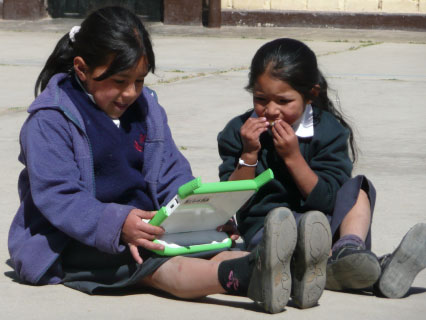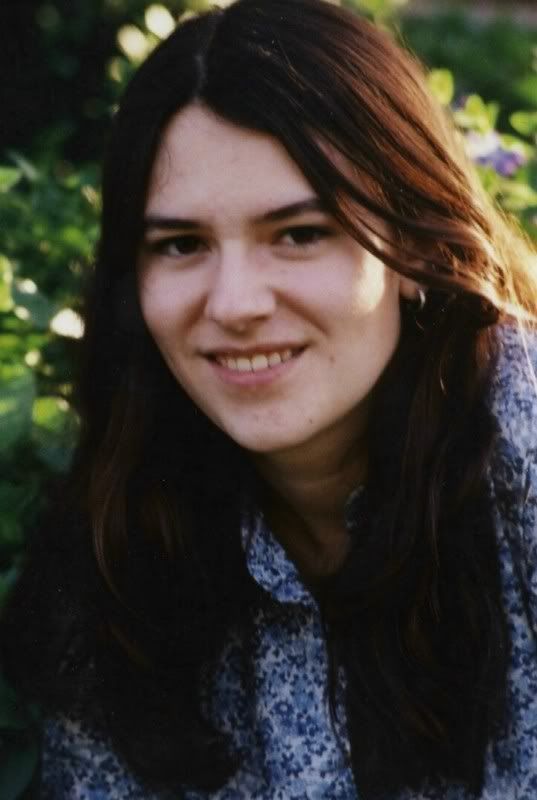
On the 26th, my family took a short trip down the coast to San Diego to visit the San Diego Natural History Museum to view the exhibition of 15 of the Dead Sea Scrolls. It was a wonderful experience that struck me in multiple ways.
I was reminded of the necessity of scholarship and continued study. Two examples that really struck me...
First some background for any who are not familiar with biblical scholarship. Through the years, there were many, many manuscripts of the scriptures. They don't always agree. When trying to come up with accurate texts, biblical scholars make judgements regarding the weight of the various manuscripts. One important variable is the age of the manuscript and, in general, older = better. Prior to the discovery of the Dead Sea Scrolls, the manuscripts that we had for the Hebrew scriptures tended not to be all that old with the oldest manuscripts being of the Septuagint, a Greek translation of the Hebrew Bible rather than Hebrew texts. (Translation, of course, represents another bucket load of issues...) So, the Dead Sea Scrolls are extremely important in learning what the Hebrew scriptures originally said.
In 1 Samuel 17, we have a story that children from the Jewish and Christian traditions all know, the story of David and Goliath. The Bibles on my shelf all say that Goliath is about 9.5 feet tall. That is reflective of the manuscripts that are extant... except for the Dead Sea scroll of this text. In it, Goliath is about 6.5 feet tall. Still, tall for his time but not the unbelievable height of current stories. So, what happened? Remember that the Dead Sea scroll is much older than other manuscripts of this passage. It looks as if somewhere along the line, after the Dead Sea scrolls were produced, someone made a mistake in copying the story, making Goliath 3 feet taller. The mistake stuck. Likely, the original story had Goliath at 6.5 feet. That very well may change some sermons on that passage.
The second example would have completely changed a sermon from just a few weeks ago. On the 16th, I preached on Matthew 11:2-11, a wonderful story where John the Baptist sends his disciples to inquire of Jesus, "Are you the one we're waiting for or should we look for someone else?"
Jesus replies, "Go back and tell John what's going on:
The blind see,
The lame walk,
Lepers are cleansed,
The deaf hear,
The dead are raised,
The wretched of the earth learn that God is on their side. (MsgB)
My sermon said something along the lines that Jesus was both calling into question the common understanding of the Messiah (a king who would overthrow the powers of the world in a violent war) and was telling John's disciples to just report back what they had seen.
At the exhibit, I learned about the Book of Enoch. It was a book that was very popular at the time of Jesus but no copy existed until one was found among the Dead Sea Scrolls. In the book, there are many passages that point to the Messiah. In one, those exact words were used to describe the Messiah's work. Jesus was not merely telling them to look around. His answer was a clear, "Yes! I am the one!" for anyone familiar with the Book of Enoch. No doubt, John's disciples would have known it.
The exhibit also made me think about community and about the nature of fanaticism. More on both later.
If you are anywhere near San Diego and have a chance to see the exhibit, do so. It is extremely well done and more than worth the cost of admission. You do have to make reservations though and it feels as if the earlier in the day, the better. It runs through January 6, 2008.

























